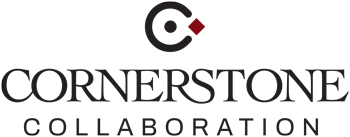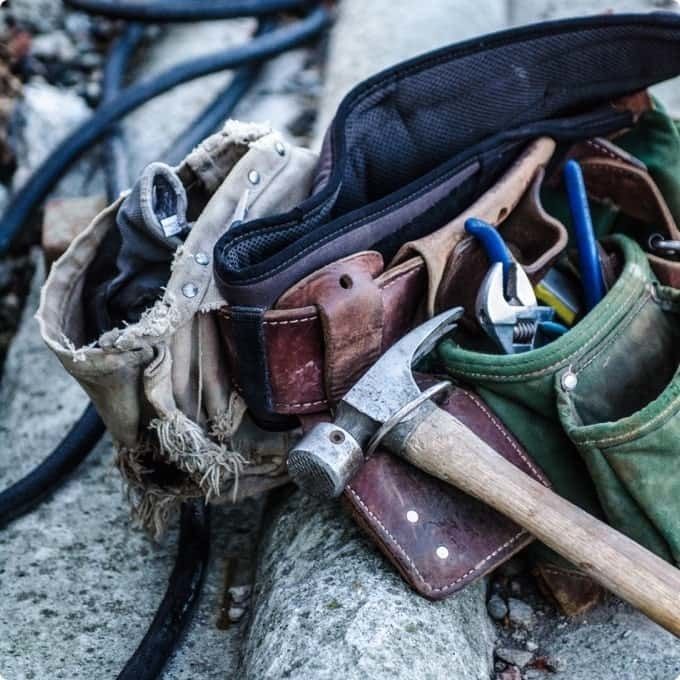Our tools for catalyzing and accelerating change:
-
utilizing system mapping and force field analysis.
-
learning from and aligning with ongoing efforts .
-
leveraging partnerships.
-
convening, catalyzing and cultivating leaders.
-
fostering living laboratories and pilots.
-
building interconnected Knowledge and Resource Networks.
We will discover, demonstrate, and share new methods that are effective in humanizing our behaviors and societal systems.
Utilizing System Mapping and Force Field Analysis
System mapping is the construction and disciplined use of visual depictions of dynamic interactive systems. It is fundamental to our work. It will help us understand the elements, interconnections, feedback mechanisms and behaviors of the systems we are committed to changing. This understanding will drive strategies for change. It can lead to insights across vague and always arbitrary system boundaries. It can also provide knowledge that will encourage collective action by diverse advocates for change across multiple systems.
Understanding the forces driving, resisting, and influencing specific actions in particular circumstances and situations is also fundamental to our work. To that end, we will employ force field analyses, creating and using dynamic force field diagrams as tools wherever they can help us visualize and understand the paths to successfully implement change. They will also contribute to furthering our understanding of the dynamics at work within our societal systems and the related behaviors they amplify and influence.
Learning from and Aligning with Ongoing Efforts
There are individuals and organizations active in addressing our numerous and varied societal challenges. Some are in organizations dedicated to these tasks, others are working in grassroots efforts in their own way. We will identify those undertaking work aligned with ours and learn from their efforts. We do not need another organization duplicating any of this work. We anticipate that many of those identified will become a part of a Knowledge and Resource Network.
Leveraging Partnerships
There are some organizations and efforts that are synergistic with ours, where sharing expertise can contribute to both our goals. Wherever we can work together to achieve more than either could do alone, we will form partnerships.
Convening, Catalyzing, and Cultivating Leaders
We will convene trailblazers, leaders, community activists, and others who are working to change aspects of our societal systems in a transformational place and process. This will be grounded in an opportunity to reconnect with one’s own humanity, and in this context, explore the integration and alignment of their efforts in societal change. Each convening will offer the time, space, and interactions essential to forming a community and the foundation of a Knowledge and Resource Network.
To accomplish this, our convenings will provide a place, an experience, and a process.
The place will be one that belongs to nature, where humans are guests and reminded of the world that is not of their making.
The experience will give each participant a chance to discover, rediscover, or affirm the spiritual aspects of her/his humanity.
The process will invite them to explore the societal system that they influence, what it would look like if that system were more humane, and what it would take to produce that change. The group will interface and integrate their ideas and energy, their strategies, and their work.
Observing Chatham House Rules when appropriate (we are free to use the ideas and insights revealed in the convening but not to reveal the identity or affiliation of the participants), we will work to capture the insights and ideas from each convening in a white paper which we will share broadly. We will then logistically support an ongoing community of practice once people return home. These communities of practice will continue to share ideas, support each other, and grow, eventually maturing into a Knowledge and Resource Network.
Fostering Living Laboratories and Pilots
To drive innovation and demonstrate reimagined systems we will foster living laboratories and pilots. In areas where we have unique expertise and the right opportunity, we will help design, develop, and implement them.
Building Interconnected Knowledge and Resource Networks
Changing societal systems and the related individual human behaviors is a huge and enormously complex undertaking.
Systems are more than the sum of their parts. Many of the interconnections between the parts of systems work through the flow of information. The system’s function is the most important determinant of the outcomes it produces, but that function or purpose is often not clear or is not what it appears to be. Complicating matters further, our societal systems do not have even soft boundaries; they are interconnected, overlapping and interactive. Our individual behaviors influence those systems and are, in turn, influenced by them.
Thoughtful reforms of our societal systems and individual behaviors are necessary but not sufficient for real impact. These reform efforts must be connected, transparent, and understandable so that broad system knowledge influences them. The mental models that reformers and interveners have adopted in doing their work must be explored and shared widely. Knowable facts must be respected and openly available. While hierarchies can bring focus and unity of purpose to an effort, our mission of societal system and behavioral change requires the breadth, flexibility, voluntary, and participatory nature of networks.
The reforms and interventions being pursued by individuals and institutions today are largely siloed. By encouraging the creation of networks across systems, the knowledge and unity of purpose necessary to reimagine our systems and transform our behaviors can be discovered. To be effective, these networks must facilitate the development of unique multi-disciplinary groups of people. In the systems in which they work, these individuals must be fluent and expert in the operation, history, basic principles, studies, initiatives and experiments that have been tried and proposed to produce system and behavioral change. They should be engaged in developing and assessing current reforms and interventions. Most importantly, they must effectively connect with and learn from counterparts who are active in other systems and experts in completely different domains. In doing so they can become a resource for humanity. They can integrate across the complexity, see beyond institutions and narrow short-term efforts to a broader, longer term, more complete view of what we need to do to change the course of our society. These networks must create the knowledge, find the leaders, and develop the skilled people essential to fundamental behavioral change and reimagined systems. We call them Knowledge and Resource Networks.





